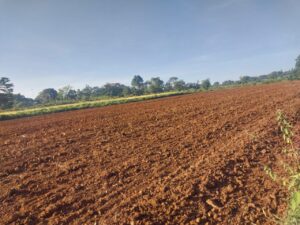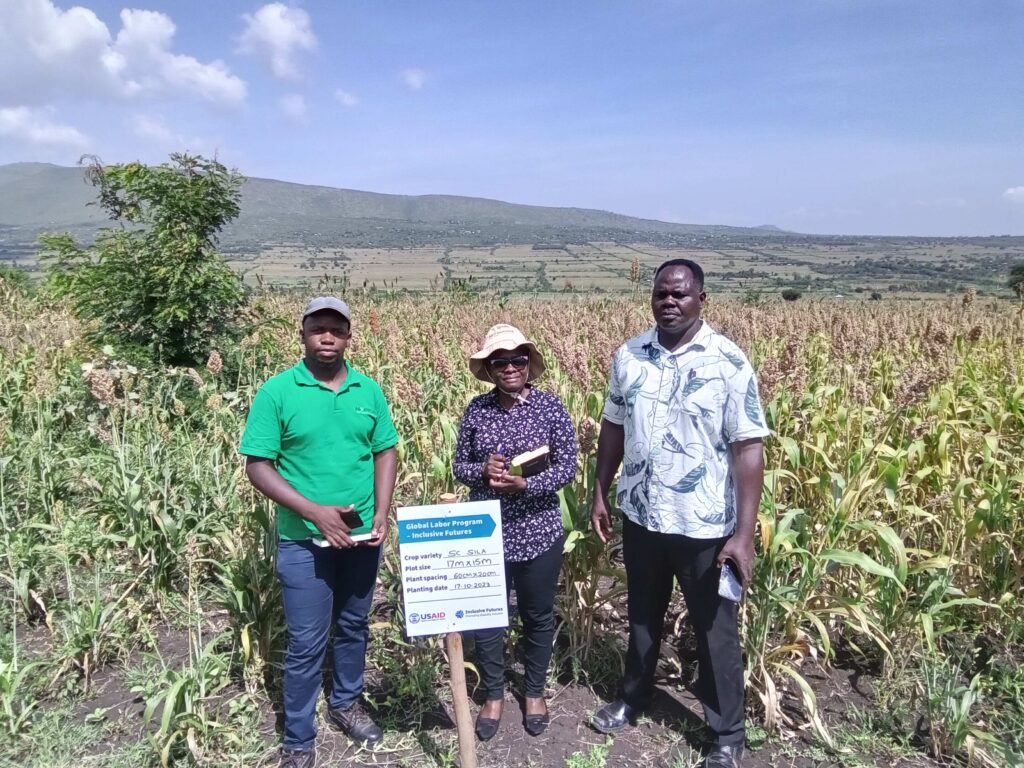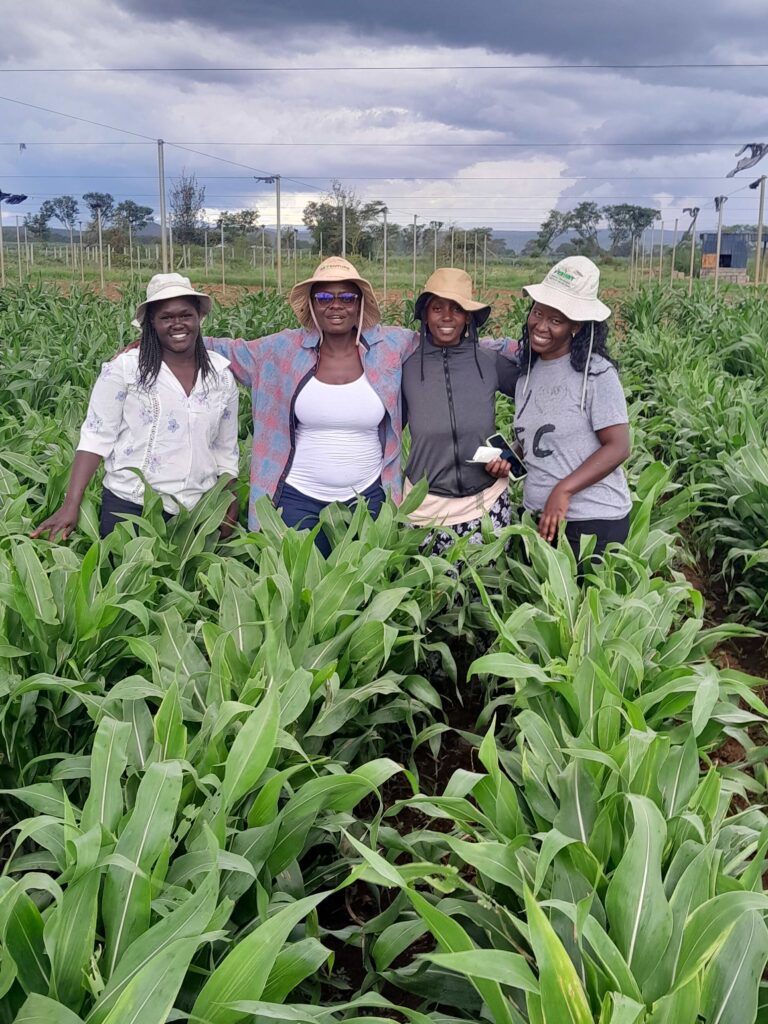Achieving success in farming, regardless of the crop cultivated, necessitates meticulous planning and execution. Here are the fundamental steps crucial for a prosperous farming endeavor:
1. Land Preparation: Before sowing seeds, it’s imperative to assess the land’s quality and fertility. Soil tests are conducted to determine essential components like Magnesium, Calcium, Potassium, Nitrogen, and pH levels. This evaluation informs necessary amendments or treatments to optimize soil health. Additionally, factors such as terrain and vegetation cover are considered. In some cases, infrastructure enhancements like irrigation systems, drainage structures, or roadways may be required to maximize land utility and accessibility.
2. Machinery Utilization: Employing appropriate machinery is paramount for efficient land preparation. Tractors equipped with plows, chisels, or rollers are utilized to till the soil, breaking it down and leveling the field. This mechanical intervention ensures optimal soil condition for seed germination and subsequent crop growth. By leveraging advanced agricultural equipment, farmers streamline the land preparation process, enhancing productivity and minimizing labor costs.
3. Seed Sowing and Germination: Following land preparation, seeds are sown into the prepared soil. The choice of seeds and planting techniques varies depending on the crop type and local agricultural practices. With conducive soil conditions established through meticulous preparation, seeds germinate promptly, initiating the growth cycle. Timely germination is crucial for achieving uniform crop emergence and robust plant development. Farmers closely monitor environmental conditions and implement appropriate agronomic practices to facilitate optimal seed germination and early crop establishment.
By diligently adhering to these foundational steps, farmers lay the groundwork for a successful farming season, setting the stage for healthy crop growth, abundant yields, and sustainable agricultural practices.



